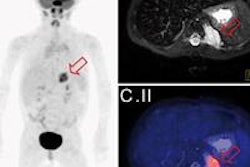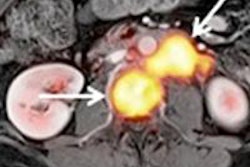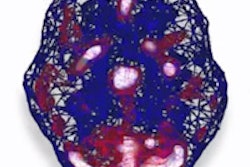Dear Molecular Imaging Insider,
Concern over the future supply of medical isotopes in the wake of recent worldwide shortages has spawned a kind of cottage industry among entrepreneurs looking to alleviate the issue.
Perma-Fix Medical is one such firm. The company is in the midst of developing an environmentally friendly method for producing the key radioisotope technetium-99m -- one that doesn't require uranium as a source material.
As an Insider subscriber, you're among the first to get details on this novel technology, the company's progress, and its future plans.
PET/MRI is also in the spotlight these days. A study from Germany has found that pediatric patients may benefit from FDG-PET/MRI for staging and clinically evaluating oncologic disorders, despite a slightly longer scan time, given the hybrid modality's superior soft-tissue contrast and significantly lower radiation dose.
PET/MRI can also provide high diagnostic performance for restaging gynecological cancer patients compared with FDG-PET/CT, with only slightly longer scan time and notably reduced radiation exposure. Researchers found no significant differences between the two hybrid modalities in terms of sensitivity, specificity, positive predictive value, negative predictive value, and diagnostic accuracy.
All in all, PET/MRI is making progress in moving from a research technology to more of a clinical modality. We have a special report on its benefits from at least two sites where PET/MRI is being used.
Be sure to stay in touch with the Molecular Imaging Community on a daily basis for the latest news and research.




















